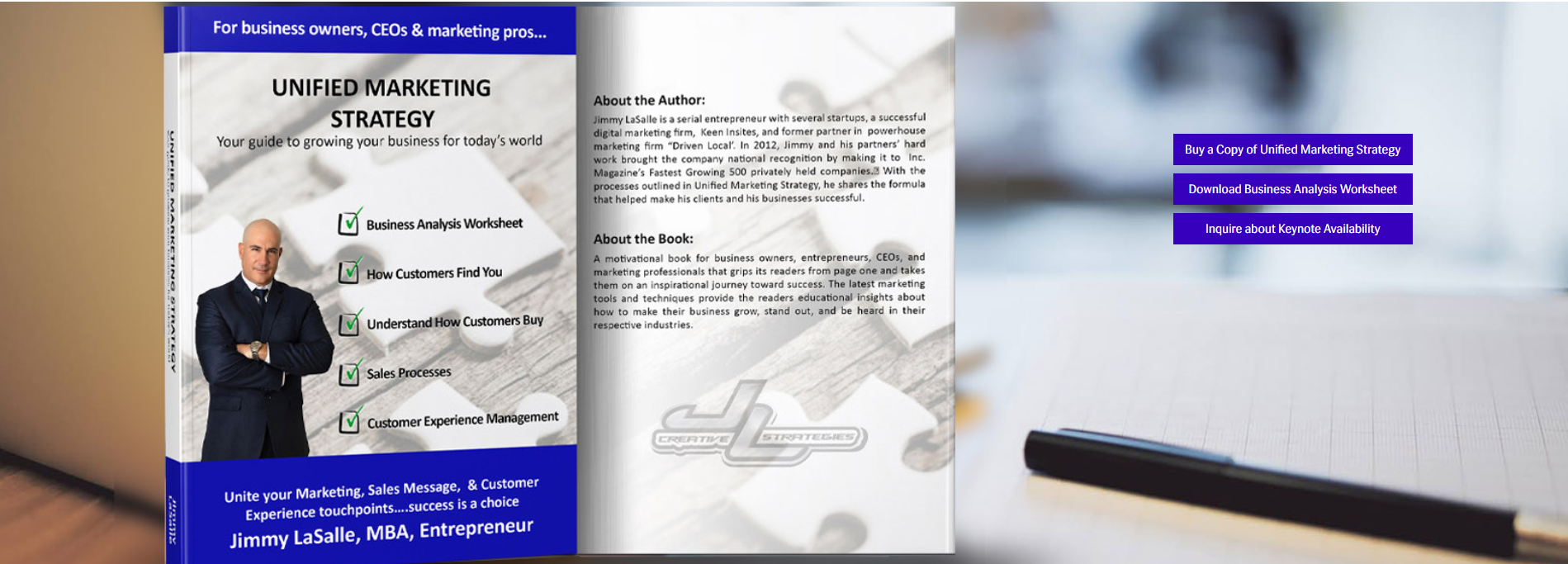UNIFIED MARKETING - GOING BEYOND INTEGRATED MARKETING

Two essential components are required to run a prosperous business: innovation and marketing. Innovation establishes and renews the business by providing a solution to perceived needs. Marketing, on the other hand, refers to all strategies for gaining, keeping, and pleasing customers.
In many respects, marketing is the business because it embraces and dictates the course of the firm at every step. Although it's safe to assume that if you own a firm, you're working on something creative, many small and medium businesses lack marketing expertise. Fortunately, in the digital age, a unified marketing approach can be created on a little budget.
A unified marketing strategy is a marketing strategy that interacts with customers through all marketing channels, including the latest web and social media platforms. A unified marketing approach ensures that your customers see consistent messaging about your company and brand across all platforms.
The strategy is based on the concept of integrated marketing, which has shown the value of adopting consistent creative themes throughout all marketing campaigns.
Using Unified Marketing Strategy
- Channels
Unified marketing has grown increasingly vital to businesses due to the increasing complexity of media and marketing channels.
Traditional marketing channels like advertising and direct marketing can be combined with digital media like social networks, blogs, email marketing, online advertising, and forum material with a cohesive approach.
The newer media provides you with a variety of marketing tools that can help you enhance the reach and efficacy of your other marketing campaigns at a low cost.
- Communication
Integrating social media platforms into a cohesive marketing strategy has another advantage: it allows you to engage in conversation with your customers. Customers' feedback, which they supply through forums, product reviews, and blog answers, provides vital information that you can use to establish customer relationships and change your products and marketing offerings to meet their demands.
- Creating a Database
You'll need to combine customer data from various parts of your company to create a unified strategy that takes advantage of all media. Some departments might be in charge of advertising and direct marketing, while others might be in charge of forums or blogging.
For example, certain departments may design advertisements based on name and address data, while others rely solely on email addresses. To discover client demands and communication preferences, a unified marketing strategy connects data from various media and marketing channels.
- Uniformity
Customers may receive mixed messaging and branding from marketing campaigns that originate in different regions of the firm. You can provide a consistent consumer experience across all channels if you have a unified marketing plan in place.
Jimmy Lasalle helps to guide your firm to better serve your clients from business strategy to marketing and digital media.
It's wonderful to have his years of knowledge and experience all available in one book. Read up on his concept of keynote speeches on sales topics to grow and prosper your business and ideas in a world full of competition.
He is a published Sales Keynote Speaker. You can also attend his virtual sessions, in-person workshops, etc for understating the concept directly from the master. Visit www.jimmylasalle.com to learn more about him and his work.
- Industry
- Art
- Causes
- Crafts
- Dance
- Drinks
- Film
- Fitness
- Food
- Games
- Gardening
- Health
- Home
- Literature
- Music
- Networking
- Other
- Party
- Religion
- Shopping
- Sports
- Theater
- Wellness
- News


